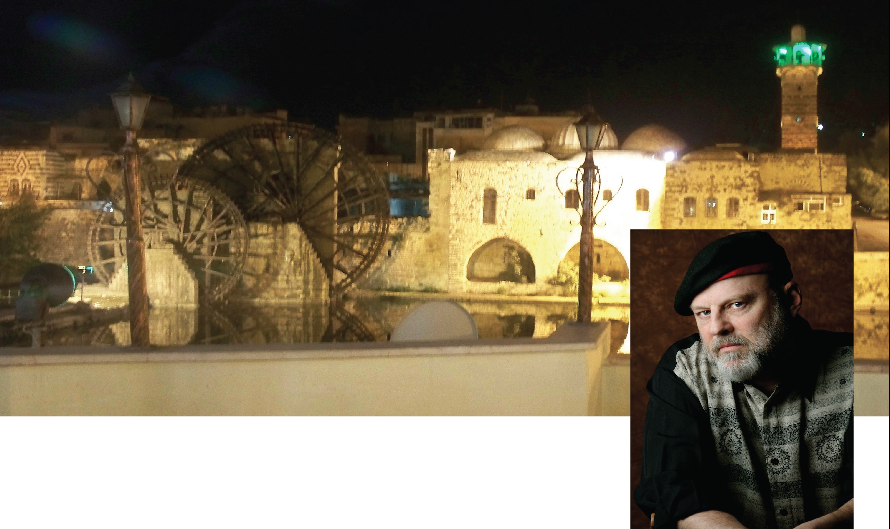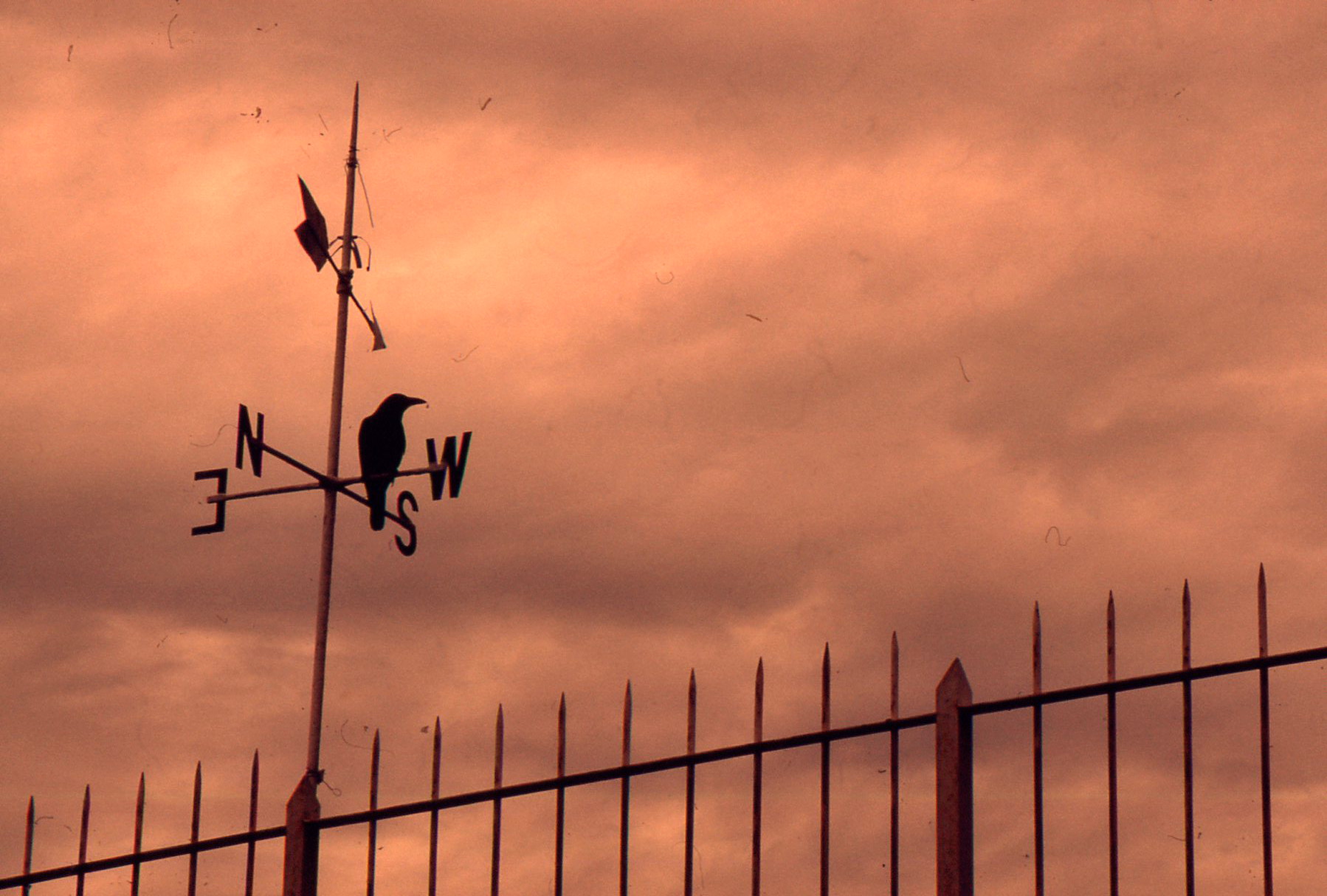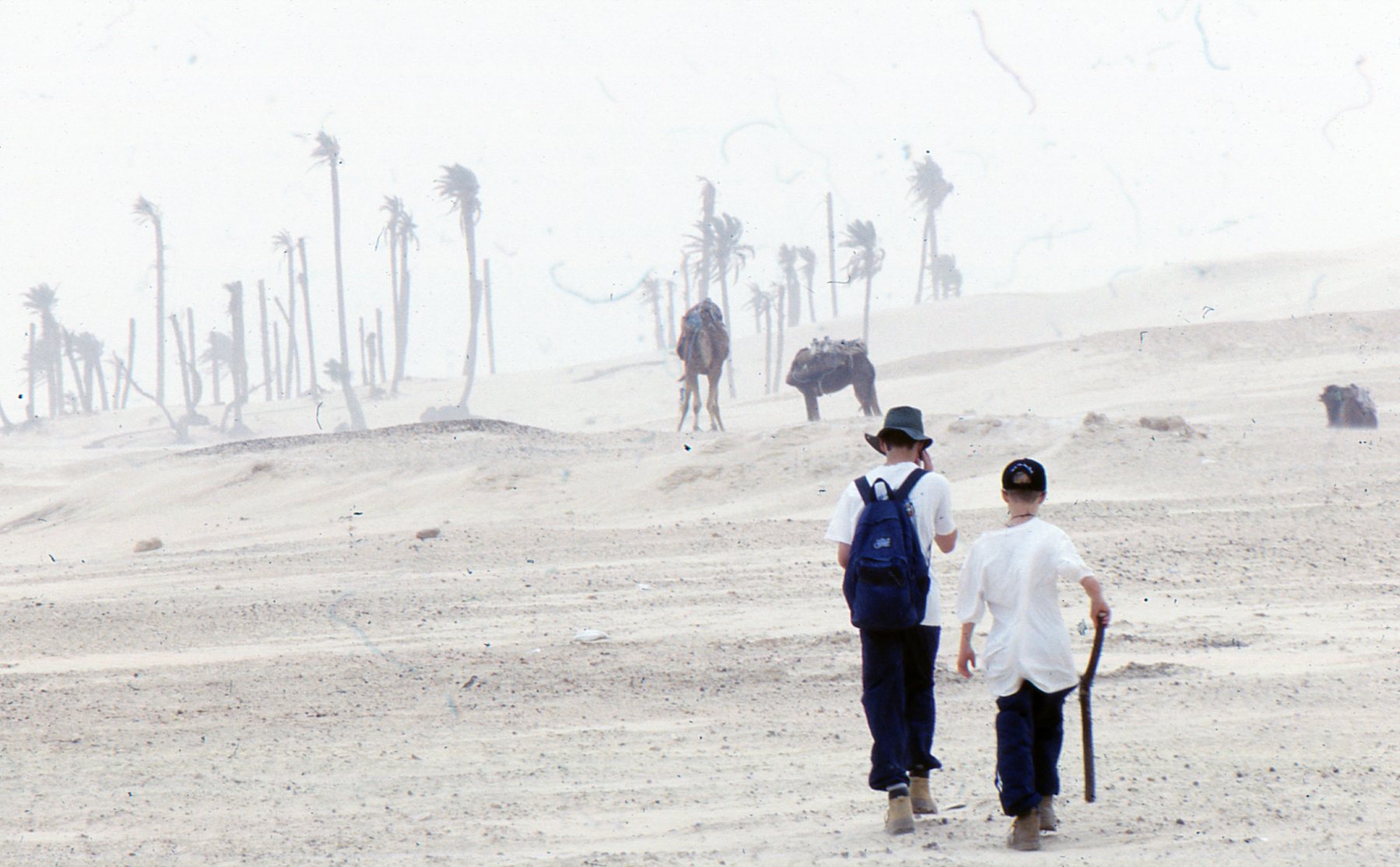7 January 2015
Few people understand traveling. To most, it means a two week holiday of fun in the sun or a hectic guided tour of pre-arranged “sights” (if not just the car trip to Aunt Mildred’s). They can see neither point nor purpose to extending such an outing indefinitely. Traveling, they believe, is an interruption, a temporary shrinking from the responsibilities of real life.
Indeed, within the confines of their experience they are correct. A vacation (by which they mean traveling) is an interruption of normal life: a brief opportunity to let off the head of steam that’s been building up in the workaday world. It can be no more than that, for the end is always clearly in sight. Momentary thoughts of errands and unfinished plans come to mind involuntarily. Flashes of being “at home” occur. The scenes one views may change, but not the pattern of viewing.
It takes time to break patterns. There are patterns of sleep and of speech; patterns of worship, patterns of response, of caloric intake. All these persist, even in foreign lands.
Most persistent are patterns or habits of thought. The mind does not leave its ruts overnight, even though on a different road they may be less evident. It takes weeks and months to wear through those ruts.
New habits must be formed, new perspectives slowly and painfully arrived at. One critical feature in the establishment of a new perspective is the ability to travel with no fixed return in mind. This does not mean to travel aimlessly, but rather to let go the lifeline that pulls one ever “homewards.”
There is nothing easy about it. It means becoming a pilgrim, a sojourner. It means estrangement, physical and psychological, from the land of your birth. It means the slow realization that your destiny lies not in a particular piece of land, but around the next bend in the road.
It means isolation. It means painful knowledge that people of fixed abode can never share. It means risks surmounted, paradises gained and lost. It means uncertainty, insight and worn-out shoes.
It means vague impressions, half-formed conclusions, tentative theorems. It means infrequent showers, lumpy mattresses and periodic diarrhea. It means a bottle of wine in a hayloft. It means the cold wind howl of midnight on a cobblestone street. It means a shroud of dust gone to sweat in midday heat, the call of a loon in the gathering dusk, a rocky beach by firelight. It means all night train rides and intense conversations with someone you met yesterday and will bid goodbye tomorrow. It means loneliness, fear and exhilaration so pure it makes your hands shake.
It means discarding much that you’ve been taught. It means discovering what is true forever.
It means becoming someone new.
Only then does the realization finally permeate that THIS IS LIFE. Right here and now, life is being lived. There is no hiding in routine. No blind acceptance of societal mores. There is life in all its starkness, all its multiplicity and conflict, all its uncharted illogical byways. And yes, there is life in all its unity.
Perhaps for many it’s easier not to look so closely, not to question quite so probingly, for without doubt, the voyage is uncertain and the risk is great.
Yet to travel is to explore the full circumference of life: to tread in the routes of the conquerors; to seek out the bypassed remnants of pre-industrial life; to sing the nomad’s song.
The traveler finds life in places of pilgrimage and profanation. He finds it among the energetic and the lethargic. She finds it in the change of seasons, in encounters in markets and cafes, in friendships formed and dissolved, crises faced, adventures survived.
In the process, the mind is freed from habit, from petty local concerns and the insistent demands of communication media. There is time (and great need) for reflective thought. Cultures can be examined and evaluated. Society’s lies and blind spots reveal themselves. It becomes impossible to evade the questions that workaday hustle and bustle strives so hard to evade: Have the generations lived and died in vain? What have the sages taught? What has God revealed? Who makes history? Why are we given life?
To travel is to question. Sometimes the questions are answered. Sometimes not. But never to ask, never to wonder . . . surely that is death itself.
This article was previously published in Great Expeditions (Canada), May/June 1983, and in Independent Travel Made Easy (Canada), 1989.





Wow, Dan. You know it’s a good read when, at the end of it, you feel drawn to wonder and ruminate. Thanks for that 🙂
Thanks, Allie! I know that you know that way of the road yourself.